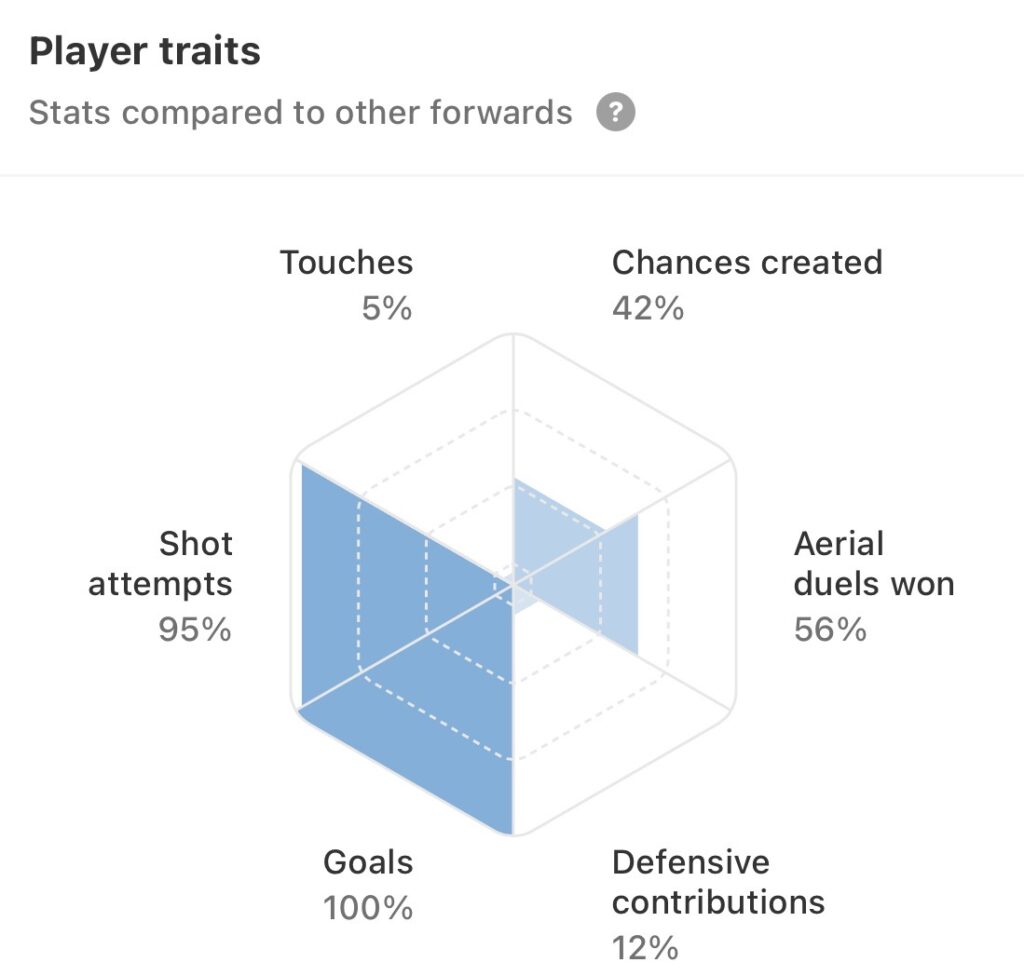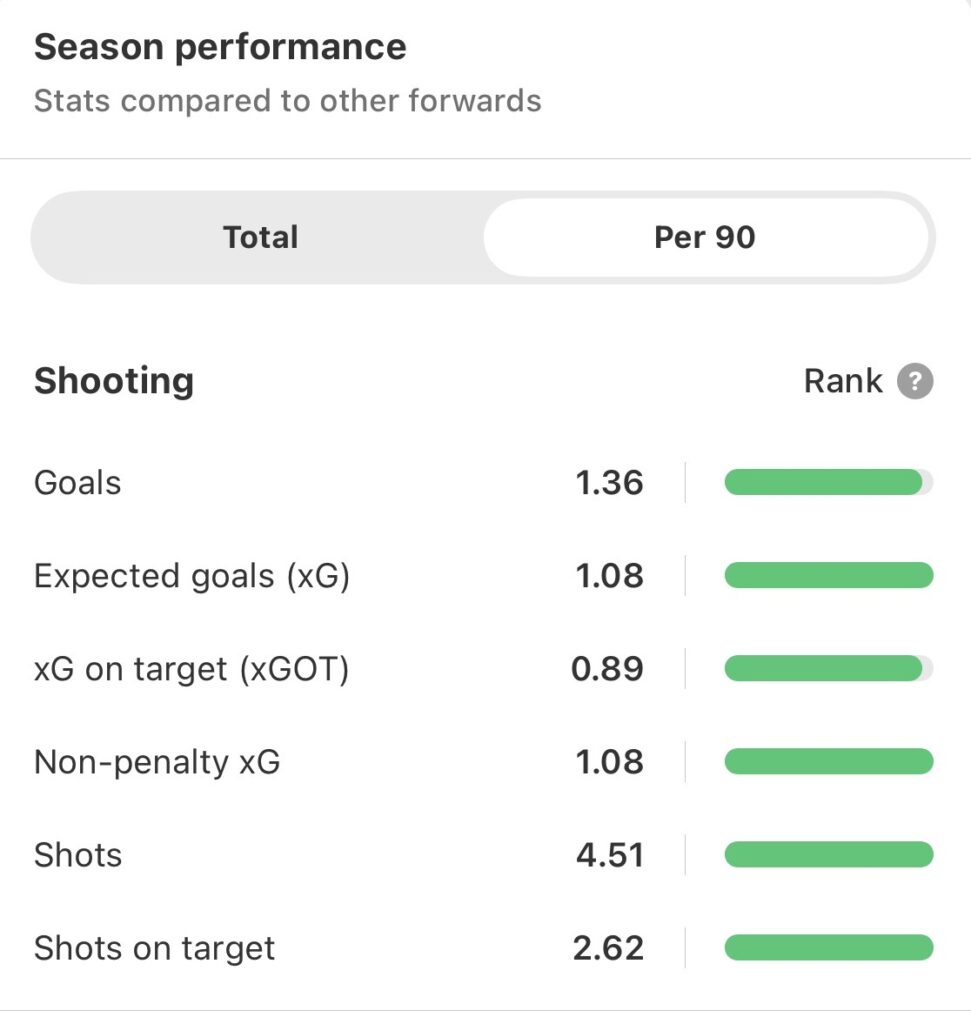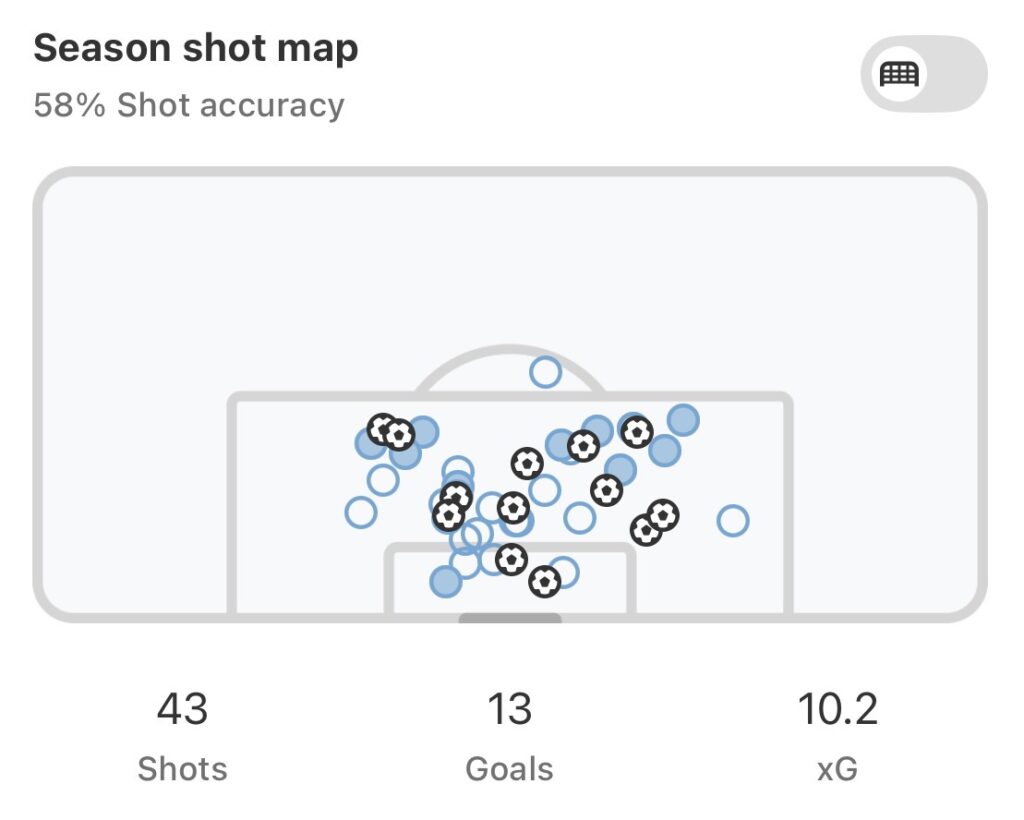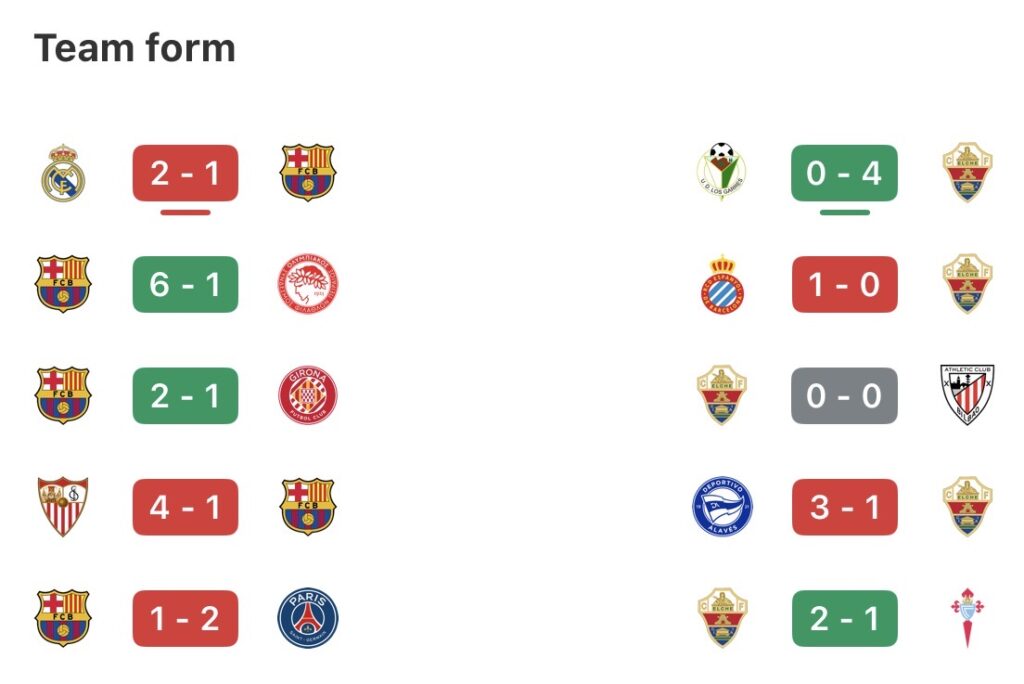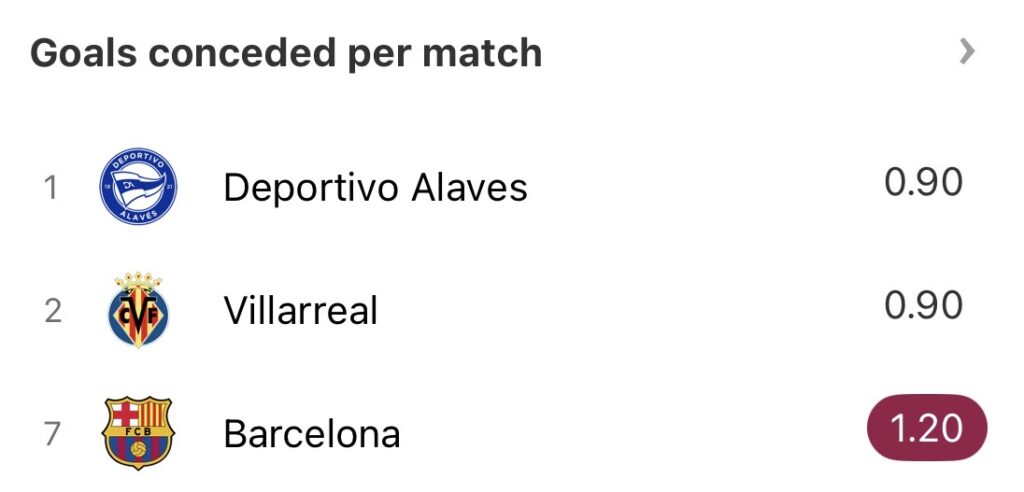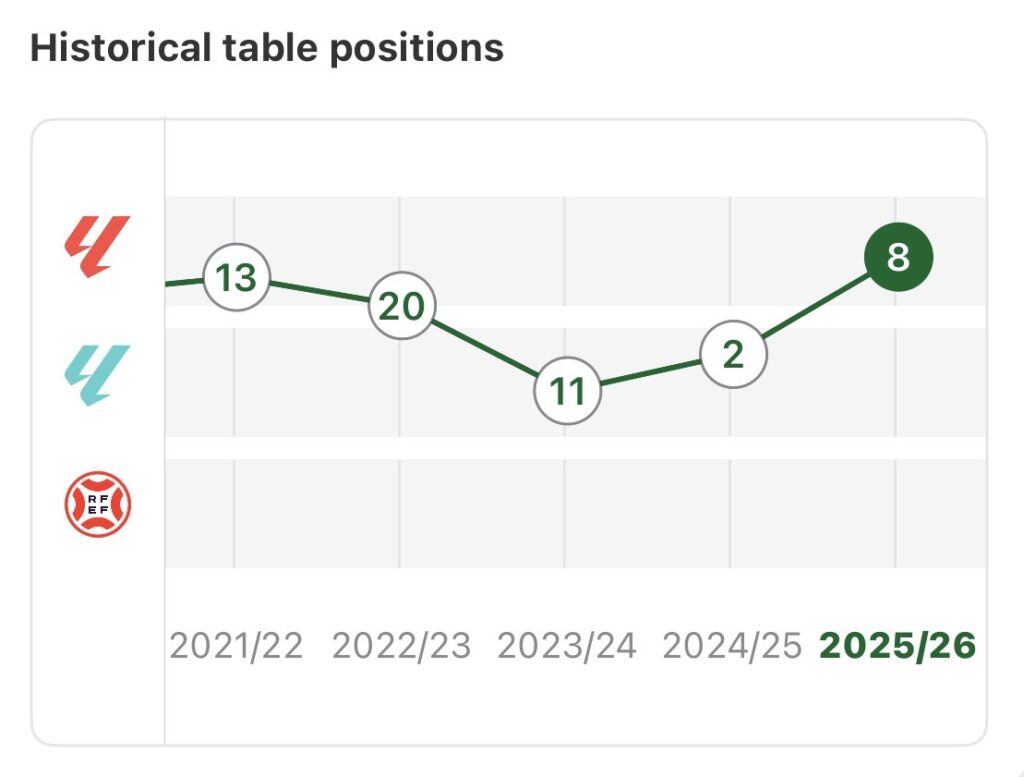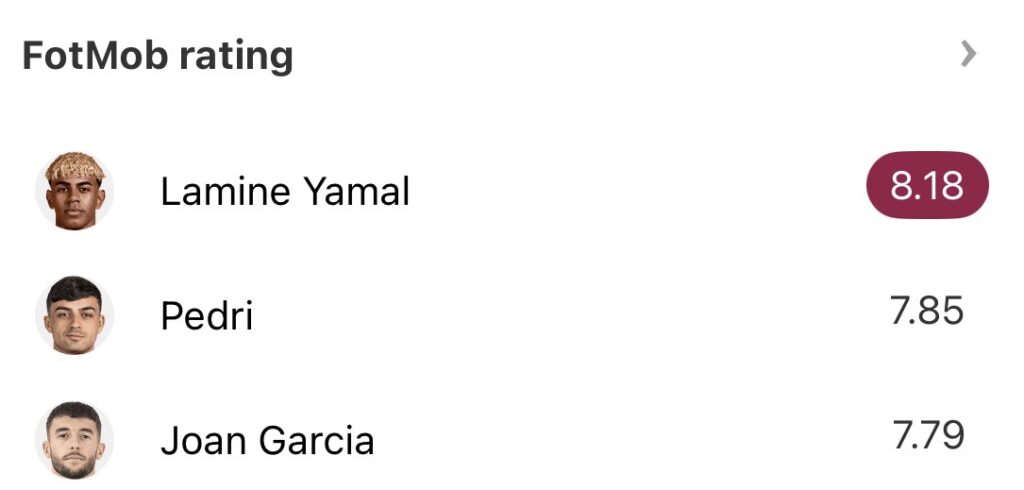When Thomas Frank was hired as Tottenham Hotspur manager, his challenge was pretty straightforward.
By Sam McGuire
Following Ange Postecoglou’s disastrous second season in charge, the bar for Frank was low. The main objectives for the former Brentford boss were the following; Improve on the team’s 17th place finish from last season and work on their defensive deficiencies. For context, they had the fourth worst defensive record in the Premier League last season when looking at Expected Goals Against.
A bright start for Frank’s Tottenham quickly fizzled out. Despite being fifth in the Premier League table, Spurs were booed off on Saturday evening following a 1-0 loss to Chelsea.
Speaking afterwards, the Danish tactician sympathised with the fans, saying: “We all sense the frustration and the emotions. That is part of football.

“It is extremely painful and of course that is part of the job to face you guys now and answer the very good questions when you just are burning inside. And you like to find solutions, watch the game back and see what went wrong, but I think it’s about trying to stay calm. In general, I think Chelsea were good and we were definitely second best.
“We performed badly. I think we lacked energy and intensity and that freshness, we didn’t have. Then I think the high pressure they came with, I don’t think we solved it well enough even though we worked on it, so that we need to keep working on. I think our high pressure, we lacked a little bit in the beginning until we got on top of it and then they went up 1-0 and we are chasing. Then it’s a bad circle where we are chasing, lacking intensity and energy and bad decisions.”
Tottenham had started well. They romped to a 3-0 win over Burnley on matchday one and then beat Manchester City in the Premier League. Spurs had three wins, a draw from their opening five in the Premier League. They also kicked off their Champions League campaign with a win over Villarreal.
Things have gone awry since then though. Frank’s side have won just three of their last 10 and have three defeats in their last five. During this run, they have been held to draws in Europe by Bodø/Glimt and Monaco. A 2-0 defeat to Newcastle United also brought their Carabao Cup run to a premature end.
If performances were positive, results could be overlooked. But performances have been just as dire as the results.

In a home game against Chelsea, a match in which a win would’ve moved them up into second, Spurs racked up an xG of just 0.10 from their three shots. By comparison, the visitors ran riot in arguably the most one-sided 1-0 win of recent memory. Enzo Maresca’s side finished with an xG of 3.68. With better finishing, 6-0 would not have flattered the Blues.
While the headline numbers look ok, there are issues with Spurs right now. Yes, only Arsenal (seven) and Newcastle (five) have kept more clean sheets than Tottenham (four) and, yes, Frank’s side rank fifth for goals (1.7), the underlying numbers aren’t as positive.
They rank 15th for Expected Goals with 10.1. Last season, they ranked ninth for this metric. They’re 15th for shots, 12th for big chances and sixth for possession. They’re having a lot of the ball but doing nothing with it. In terms of xG Conceded, they rank sixth, so there’s a slight improvement on last season but only Everton, West Ham, Manchester United, Nottingham Forest and Burnley have given up higher value chances and three of those make up the bottom four.

Overall, things are probably just as worrying as they were under their former manager.
They’re not as much of a threat as they were under Postecoglou and they’re only marginally better defensively. It’s why they’re down to 15th when looking at the Expected Points table, just two points outside of the relegation zone.
Spurs have no threat in the final third. Micky Van de Ven is the club’s joint-top scorer in the Premier League with three while summer signings Xavi Simons and Randal Kolo Muani have struggled to make an impression at all. Mohammed Kudus has four assists, though two of those arrived in the season opener against Burnley. Richarlison (three) is the only forward with more than one goal this term.
It is unlikely Tottenham do anything drastic in the near future but they are up against Copenhagen, Manchester United, Arsenal and PSG in their next four. If this winless run extends to six during this period, and performances remain the same, there’s going to be an uncomfortable conversation to be had, especially if fans turn on the manager during this period.
After heavy investment in the summer, people expected performances to be better. If Frank can’t get a tune out of this talented squad, someone else might be able to.
(Cover image from IMAGO)
You can follow every Spurs game with FotMob this season – featuring deep stats coverage, xG, and player ratings. Download the free app here.













